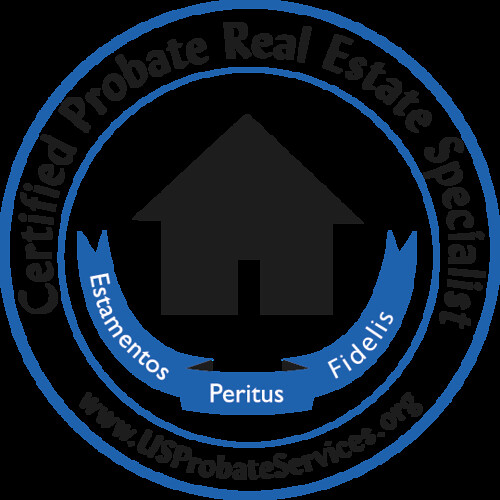Do you have Questions about Probate? I am here to help!

Probate in most cases works like this: After your death, the person you named in your will as executor –or, if you die without a will, an administrator picked by the court- files papers in the local probate court. The executor proves the validity of your will and presents the court with lists of your property, your debts, and who is to inherit what you’ve left. Then, relatives and creditors are officially notified of your death. Your executor must find, secure, and manage your assets during the probate process, which commonly takes a few months to a year. Depending on the contents of your will and the amount of your debts, the executor may have to decide whether or not to sell your real estate, securities, or other property. For example, if you have many outstanding debts, your executor might have to sell some of your property to pay them, including Real Estate properties. Then, eventually, the court will grant your executor permission to pay your debts and taxes and divide the rest among the people or organizations named in your will .
I specialize in Probate Sales- I can bring HOPE to your family and give you confidence as you face a Probate Sale (832-518-9288)


